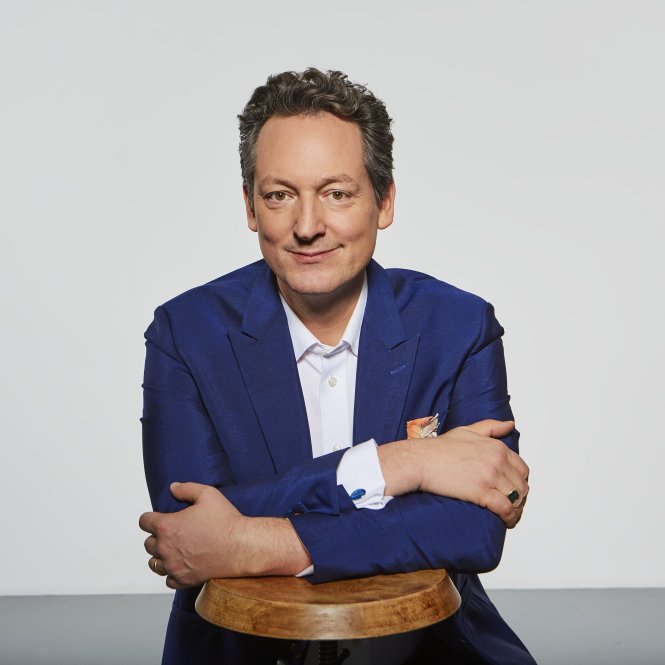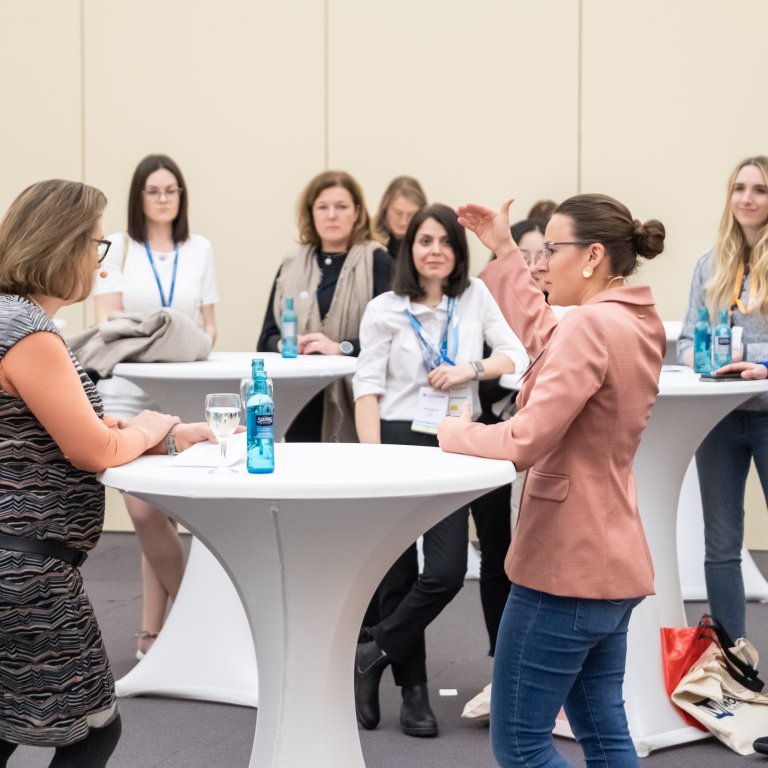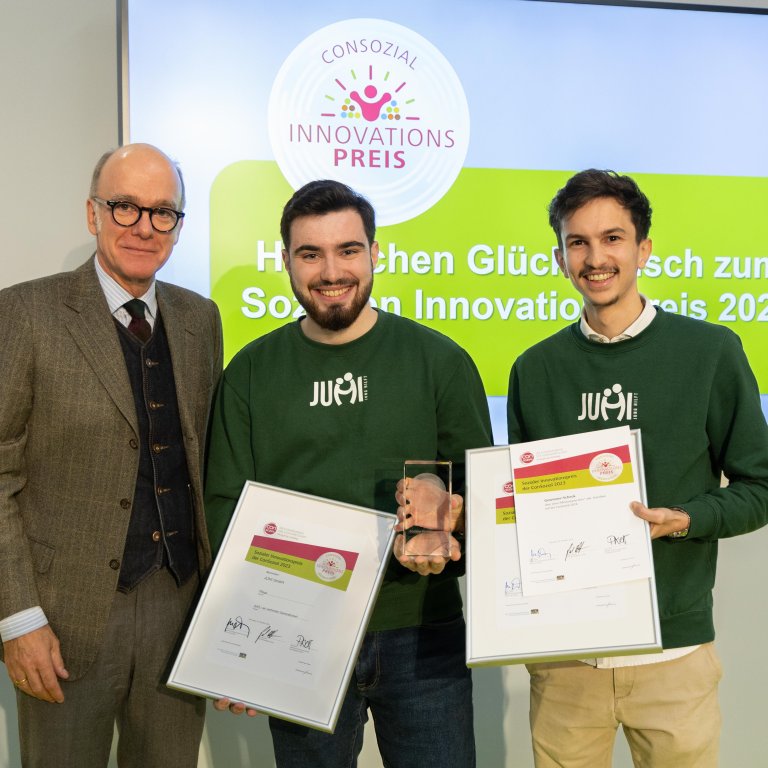

Interview with Dr. Eckart von Hirschhausen on his plenary talk at ConSozial: "No one can tickle themselves! How motivation succeeds for cohesion and sustainability."
Dr. Eckart von Hirschhausen is a doctor, comedian, author, moderator and founder of the foundation HUMOR HILFT HEILEN and "Doctors for Future", Berlin. He will give a lecture at the opening of ConSozial, the congress trade fair for specialists and managers in the social market. He will address topics that move the industry: social cohesion, health, but also how positive community experiences can contribute to personal happiness.
Mr von Hirschhausen, you are also a specialist on the subject of happiness: Why do Germans have such a hard time with happiness?
I have indeed found an interesting explanation for this: Germans have an additional part of the brain, in addition to the frontal lobe, which plans, and the lateral lobe, which networks, we also have the whining lobe, which prevents (laughs). No, seriously, we Germans have a real backlog in positive psychology. We're one of the wealthiest nations on earth, but we're never out of the midfield when it comes to happiness. Happiness is a community task: How do we move from an envy society to more solidarity, civic engagement and "being able to indulge"? Happiness research yields clear political priorities for what we could better spend taxes on: health, education, music, art and community experiences. And for bicycle paths instead of commuter allowances.
You have supported Fridays for Future with the Scientists and the Doctors for Future since the beginning. Why is climate protection a medical and a social task?
Our mother earth is sick. Our coexistence is not only dependent on other people, we all live from the fact that nature has provided us with water, air and bearable outdoor temperatures until now, without nature charging us for it. That's why no one in the growth economy cared, the cost wasn't factored in. Doctors are trained to protect lives, ward off health threats, and deliver bad news. And both the World Medical Association, the international academies of science, journals like the Lancet Climate Change, they've all been pointing this out for years: the climate crisis threatens our health. From heat deaths to new infectious diseases, allergies and lung disease from particulate matter and fossil fuel emissions, to migration by the millions and wars over water and food. That is why this will also be one of the topics of my lecture, because no one can remain silent about this today. And social inequality is demonstrably exacerbated by the climate crisis: some people have air conditioning and continue to consume electricity and coal, while others sweat themselves to death.
The motto of this year's ConSozial is "Together instead of lonely - strengthening social cohesion". What role does intergenerational cohesion play in our social sustainability? How could this be promoted?
We have a new generation conflict due to the realization that the younger generation feels robbed of its future, quite rightly. We have been living on credit, accumulating debts, which means nothing other than: I don't care who pays for it later, I'm already consuming. At the same time, my father has a much smaller CO2 footprint than his grandchildren, who all talk about sustainability. The post-war generation can actually convey that a simpler life is not a bad one. And that no child back then expected to be taken to school by car either. At the same time, many older people today live very much alone in large living spaces, which isn't really progress either. That's why I find it exciting to contribute to the motto "Together instead of lonely", how loneliness makes you sick, and how the way we create living space can already be socially strengthening or unifying.
Now we have talked a lot about cohesion and happiness in relation to our society. What does this mean for our children and the work with children? What do children need to become happy adults who live and appreciate cohesion?
That's a very complex question, but I think that a big problem in health is that no institution is looking at people across the whole arc of life. The insurance companies pay when people get sick. There's a lot that can be done to prevent them from getting sick in the first place. But as long as operations are paid better than conversations, one should not be surprised that more is snipped than listened to. It would be sustainable to ensure a good start in life with family midwives during pregnancy. To sing and dance a lot in kindergarten, to convey joy in the body and in togetherness. For schools, I have developed a social learning program with my foundation HUMOR HELPS HEAL, which finally integrates the ideas of positive psychology into practice. I'm already slightly delusional to want to change the two most stubborn systems, health and education, but in small ways it often goes amazingly well!
What does growing older mean in our society?
Unfortunately, getting older is a very fearful topic in our society. But there is no reason to be afraid of old age. You only really have a problem if you don't turn 50! To put it bluntly: old age is better than its reputation! Most people are better off at 70 than at 17. Aging is not a swan song - aging is life for the advanced.
What does ageing with dignity mean to you personally?
I would like to grow old in a self-determined way in my home, surrounded by dear people, embedded in a social network of commitment, being there for each other and having a sense of purpose and joy in life. I would then still like to be "needed", as probably most people are... And of course reasonably healthy and mobile, or to put it more casually with the prayer of the octogenarians: Clear at the top and tight at the bottom, dear God, that's all I want!
Thank you very much for the interview.
Dr. Eckart von Hirschhausen is a doctor, comedian, author, presenter and founder of the HUMOR HELPS HEALING Foundation and "Doctors for Future", Berlin.
Image credits:
Frank Eidel



